Tools that track specific molecules in neurons have enabled researchers to probe previously unexplored aspects of neurobiology — although important caveats remain.


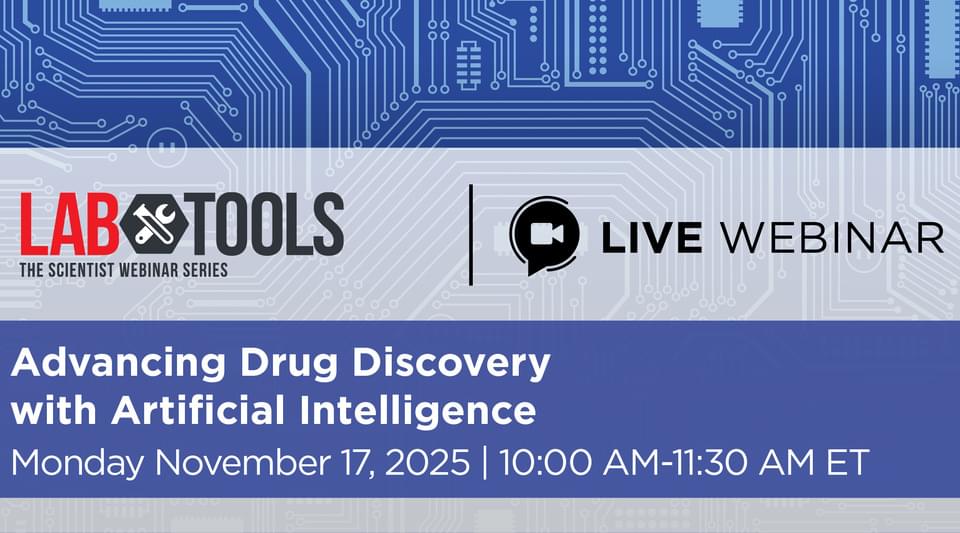
Lipid nanoparticles (LNPs) have emerged as popular vehicles for delivering various types of drugs such as mRNA and gene therapy. While these nanoparticles are effective in transporting therapeutic payloads, their components can interact with the human body, potentially causing genotoxicity — damage to the recipient’s genetic material that may lead to inheritable mutations or cancer. In this webinar brought to you by Inotiv, Shambhu Roy will discuss how to test the genotoxicity of LNP-based therapeutics to ensure the safety of these innovative drug delivery systems.
We’ll chat about these topics.
• Understanding the key components of LNP delivery systems • Genotoxicity testing for LNP-based drugs during preclinical safety assessment • Selecting the appropriate assays to meet regulatory requirements.

Fibromyalgia is a syndrome characterized by chronic widespread musculoskeletal pain, which may or may not be associated with muscle or joint stiffness, accompanied by other symptoms such as fatigue, sleep disturbances, anxiety, and depression. It is a highly prevalent condition globally, being considered the third most common musculoskeletal disorder, following lower back pain and osteoarthritis. It is more prevalent in women than in men, and although it can occur at any age, it is more common between the ages of thirty and thirty-five. Although the pathophysiology and etiopathogenesis remain largely unknown, three underlying processes in fibromyalgia have been investigated. These include central sensitization, associated with an increase in the release of both excitatory and inhibitory neurotransmitters; peripheral sensitization, involving alterations in peripheral nociceptor signaling; and inflammatory and immune mechanisms that develop concurrently with the aforementioned processes. Furthermore, it has been determined that genetic, endocrine, psychological, and sleep disorders may influence the development of this pathology. The accurate diagnosis of fibromyalgia remains challenging as it lacks specific diagnostic biomarkers, which are still under investigation. Nonetheless, diagnostic approaches to the condition have evolved based on the use of scales and questionnaires for pain identification. The complexity associated with this pathology makes it difficult to establish a single effective treatment. Therefore, treatment is multidisciplinary, involving both pharmacological and non-pharmacological interventions aimed at alleviating symptoms. The non-pharmacological treatments outlined in this review are primarily related to physiotherapy interventions. The effectiveness of physical exercise, both on land and in water, as well as the application of electrotherapy combined with transcranial therapy and manual therapy has been highlighted. All of these interventions aim to improve the quality of life of patients highly affected by fibromyalgia.
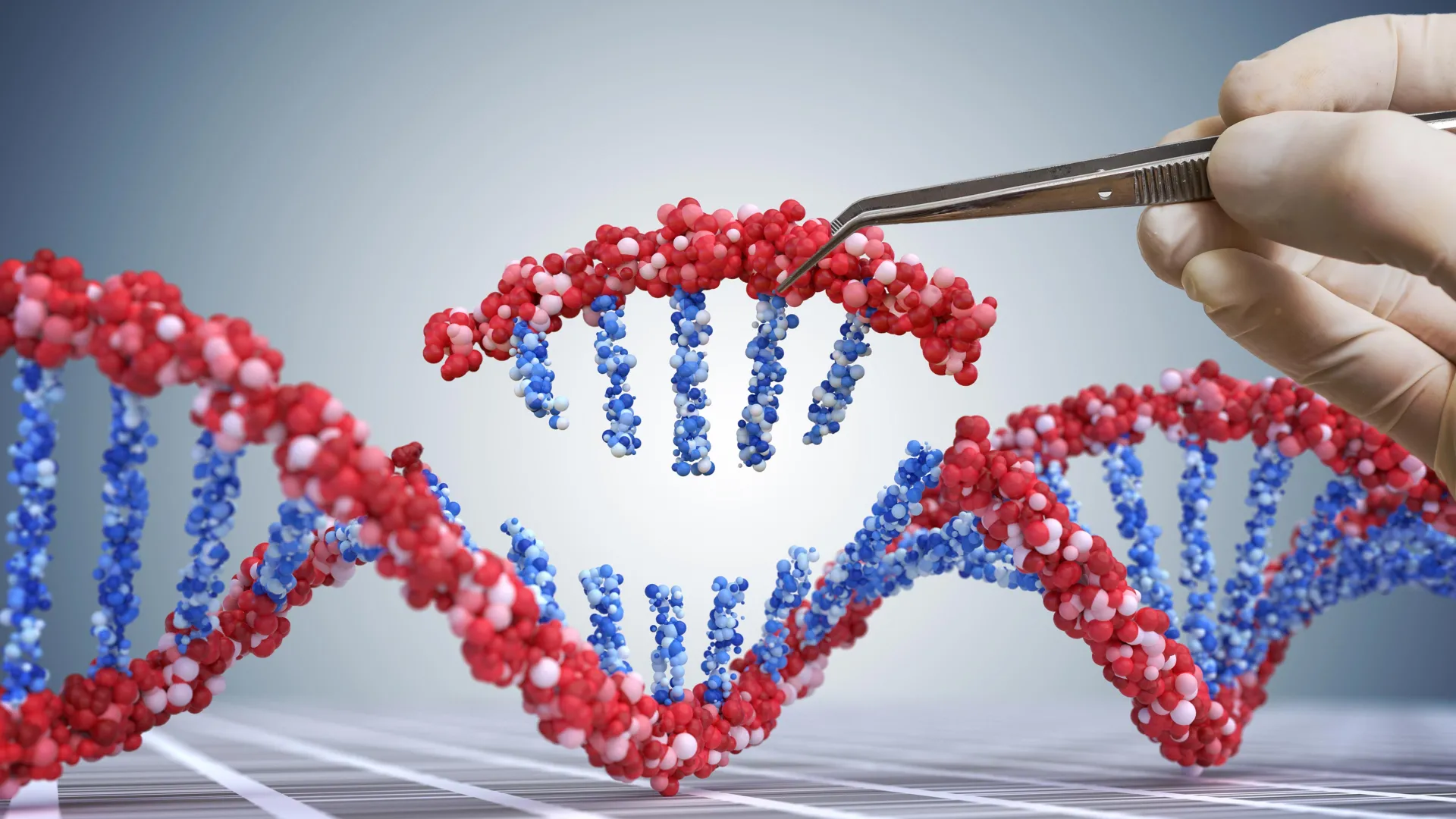
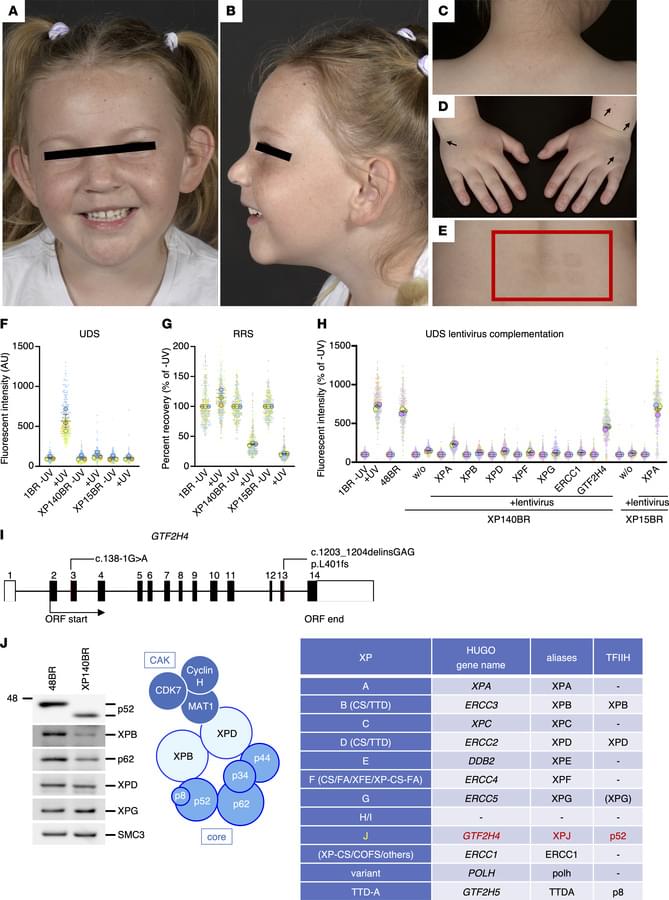
This issue’s cover features companion papers that exemplify how understanding a rare disease can inform treatment strategies in other conditions.
Fassihi et al. and Nakazawa et al. report on the C-terminal deletion of transcription factor TFIIH-p52 subunit as a cause of xeroderma pigmentosum.
The cover art was created using PyMOL; TFIIH-p52 subunit (blue; C-terminus in white). Image credit: Keiko Itano.
https://www.jci.org/articles/view/195731 https://www.jci.org/articles/view/195732
1National Xeroderma Pigmentosum Service, Rare Disease Centre, Guy’s and St Thomas’ NHS Trust, London, United Kingdom.
2Department of Molecular Genetics, Nagoya University Graduate School of Medicine, Nagoya, Japan.
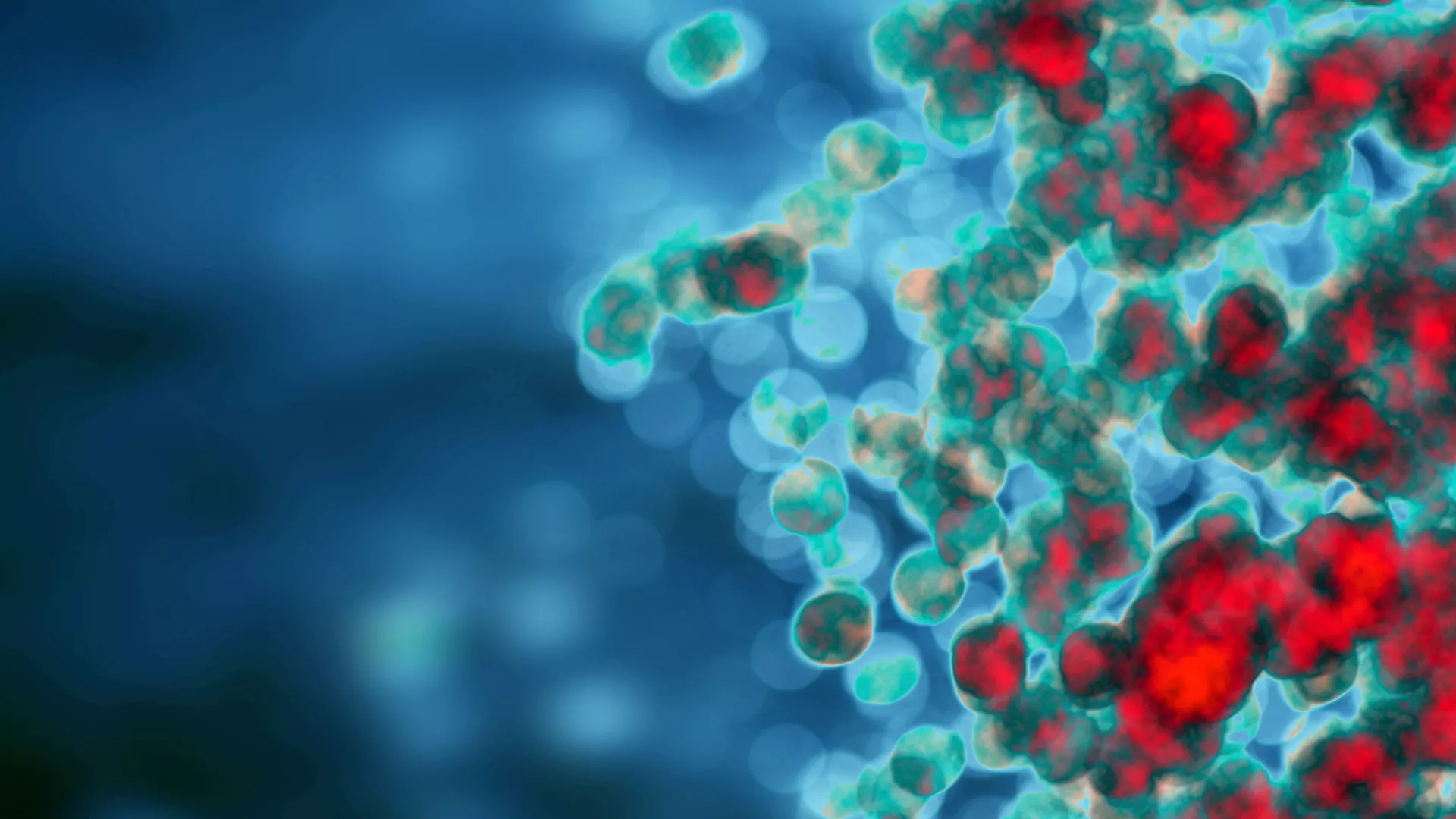
Non-small cell lung cancer (NSCLC) is the most prevalent form of lung cancer, accounting for approximately 85% of all cases, and is associated with a poor prognosis. Despite significant advancements in treatment modalities, therapeutic efficacy remains suboptimal, underscoring the urgent need for novel strategies. In recent years, increasing attention has been directed toward the pivotal role of gut microbiota-host interactions in the treatment of NSCLC. This review systematically examines the influence of current NSCLC therapies on gut microbiota and metabolism, explores the relationship between the microbiome and therapeutic response, and highlights the critical functions of probiotics, microbial metabolites, fecal microbiota transplantation (FMT), and dietary interventions in NSCLC management. By elucidating the mechanisms through which gut microbiota and their metabolites modulate treatment efficacy, we investigate the potential of exogenous interventions targeting the gut ecosystem to enhance therapeutic outcomes and mitigate adverse effects. Modulating the intestinal microbiota represents a promising clinical avenue and offers a new frontier for the development of future NSCLC treatment strategies.
The human microbiome comprises a diverse and dynamic community of microorganisms—including bacteria, fungi, viruses—their genetic material, and metabolic byproducts. The resident microbiota is an essential component of host health and homeostasis (1). Most microbiome research to date has focused on bacterial populations, which constitute a major proportion of these resident microbes (2). In the gut, Bacteroidetes, Firmicutes, Proteobacteria, and Actinobacteria dominate the bacterial composition (3– 5). The gut microbiota plays a pivotal role in regulating host immunity and metabolism through the production of numerous metabolites that function as signaling molecules and metabolic substrates, linking dysbiosis with inflammation and tumorigenesis (6– 8).
The cross-link between gut microbiota and lung cancer is a complex multifactorial relationship. Studies have shown that in patients with lung cancer, the abundance of Bacteroidetes, Fusobacteria, Cyanobacteria, and Spirochaetes increases in both pulmonary and intestinal microbiomes, while Firmicutes are significantly reduced (4, 9). Research on both gut and respiratory tract microbiota has revealed notable dysregulation in NSCLC, which is further associated with distant metastasis (DM) (10). The pathogenic contribution of the gut microbiome and its specific metabolites to NSCLC lies in their modulation of chronic inflammation and immune dysregulation (11). A study combining serum metabolomics and fecal microbiome profiling identified potential biomarkers in patients with early-stage NSCLC. The metabolomic analysis revealed elevated levels of sphingolipids (e.g. D-erythrosphingosine 1-phosphate, palmitoylsphingomyelin), fatty acyls (e.g.
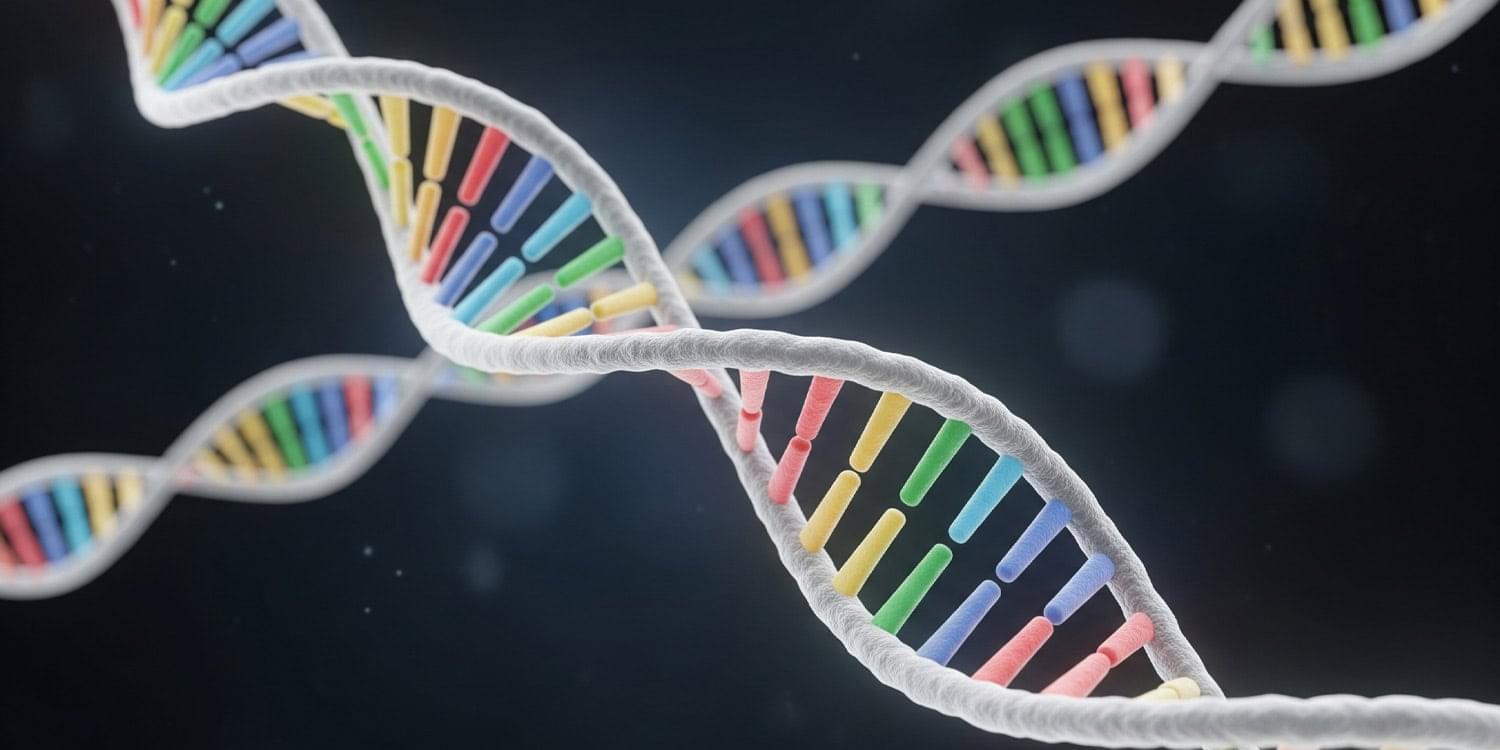
A new study is providing a clearer picture of the genetic landscape of major depression, revealing that the disorder may have fundamentally different biological roots depending on the age at which it first appears. The research, published in Nature Genetics, found that depression beginning in adolescence or young adulthood has a stronger genetic basis, is linked to early brain development, and carries a much higher genetic association with suicide attempts compared to depression that starts later in life.
Major depressive disorder is recognized as a clinically diverse condition, meaning its symptoms and course can vary substantially from person to person. Researchers have long suspected that this clinical variability might stem from different underlying causes.
One of the most apparent distinctions among individuals with depression is their age at onset. Depression that emerges early in life is often associated with more severe outcomes, including suicidal behavior, while late-onset depression has been linked more frequently to cognitive decline and cardiovascular problems.
Join us on Patreon! https://www.patreon.com/MichaelLustgartenPhD
Discount Links/Affiliates:
Blood testing (where I get the majority of my labs): https://www.ultalabtests.com/partners/michaellustgarten.
At-Home Metabolomics: https://www.iollo.com?ref=michael-lustgarten.
Use Code: CONQUERAGING At Checkout.
Clearly Filtered Water Filter: https://get.aspr.app/SHoPY
Epigenetic, Telomere Testing: https://trudiagnostic.com/?irclickid=U-s3Ii2r7xyIU-LSYLyQdQ6…M0&irgwc=1
Use Code: CONQUERAGING
NAD+ Quantification: https://www.jinfiniti.com/intracellular-nad-test/
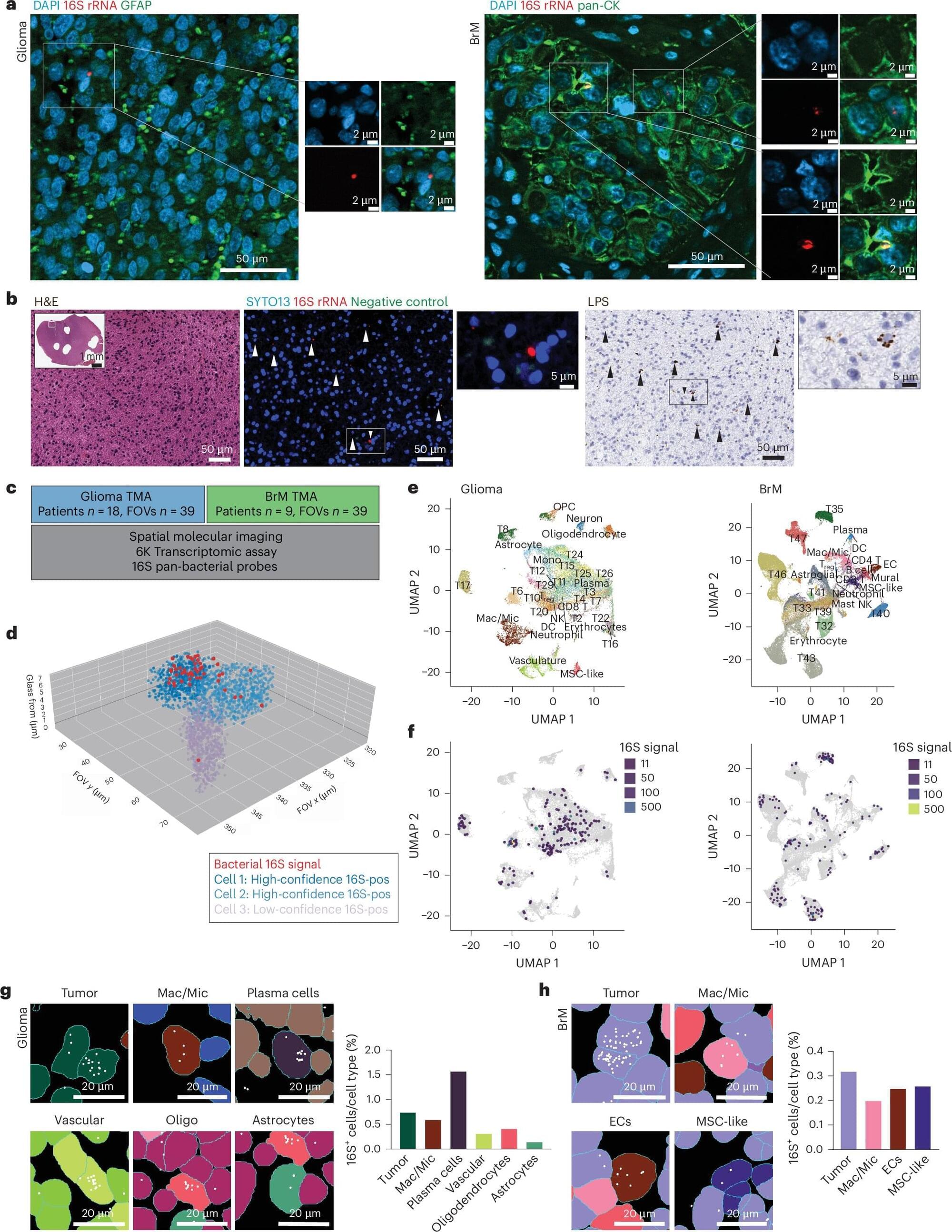
Researchers at The University of Texas MD Anderson Cancer Center have uncovered unexpected traces of bacteria within brain tumors. This discovery offers new insights into the environment in which brain tumors grow and sets the stage for future studies seeking to improve treatment outcomes.
Published today in Nature Medicine, the data revealed that bacterial genetic and cellular elements were present inside brain tumor cells and across the tumor microenvironment. These bacterial components appeared biologically active, potentially influencing tumor behavior and progression in patients with gliomas and brain metastases.
The multi-institutional study was led by Golnaz Morad, D.D.S, Ph.D., postdoctoral research fellow in Surgical Oncology, and Jennifer Wargo, M.D., professor of Surgical Oncology and Genomic Medicine and core member of the James P. Allison Institute—working in close collaboration with MD Anderson’s Platform for Innovative Microbiome and Translational Research (PRIME-TR).

People can think, behave and function very differently. These observed differences are known to be the result of complex interactions between genetics, neurobiological processes and life experiences.
Understanding the factors underlying individual differences in behavior, cognition and mental health is a key objective of numerous psychology and behavioral science studies. One approach to explore these factors entails examining patterns of brain activity that spontaneously emerge when individuals are awake but not engaged in any tasks.
Earlier research aimed at uncovering individual-specific brain activity patterns has primarily looked at the neural fluctuations indicating communication or coupling between distant brain regions. In contrast, very few studies have focused on intra-regional neural dynamics (i.e., fluctuations that take place within individual brain regions over time).